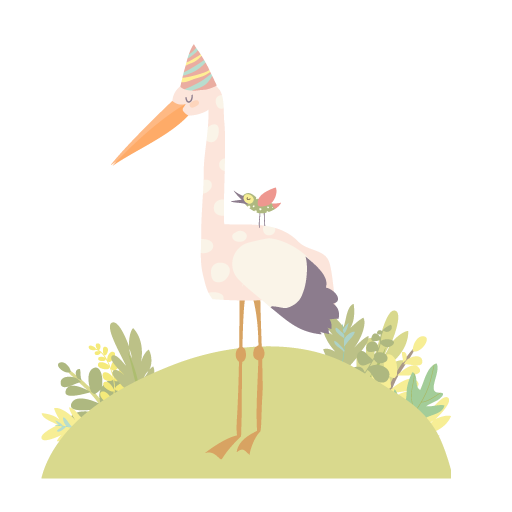Why Play Is Powerful: The Science Behind Preschool Learning
Walking into a preschool classroom, you might see children building towers out of blocks, pretending to run a grocery store, or splashing in a water table. To the casual observer, it might just look like fun, but to educators and developmental scientists, this play is powerful. It’s how young children learn best.
The Science of Play-Based Learning
Play is more than just a break from “real” learning; it is the real learning for preschoolers. According to the American Academy of Pediatrics, play supports cognitive, physical, social, and emotional development. It strengthens neural connections in the brain and lays the groundwork for academic success later in life.
Brain Development in Action
During the early years, children’s brains grow rapidly, forming more than 1 million neural connections every second. These connections are strengthened through experience, and play offers exactly the kind of rich, hands-on, meaningful experiences that fuel this growth.
For example:
- Block play builds spatial awareness and early math skills.
- Pretend play develops language, emotional intelligence, and problem-solving abilities.
- Physical play enhances motor skills and supports healthy brain-body coordination.
Social and Emotional Growth
Preschoolers are beginning to understand their emotions, learn empathy, and build relationships. Play gives them the perfect arena to explore these complex skills. Whether negotiating roles in a pretend kitchen or taking turns in a game of catch, children are learning how to cooperate, resolve conflict, and regulate their emotions, essential tools for life and learning.
Academic Foundations Through Play
Play helps children grasp early academic concepts in a natural, engaging way:
- Literacy is nurtured through storytelling, songs, and dramatic play.
- Math emerges through sorting, counting, and measuring during playtime.
- Science is explored as children experiment with sand, water, and nature.
Unlike rote memorization, these playful experiences create more profound understanding and lasting knowledge.
The Role of Educators
Skilled teachers don’t just let children play; they guide them with intention. This approach, often called “guided play,” involves observing children’s interests and subtly shaping the environment or asking open-ended questions to extend learning. For example, a teacher might say, “What do you think will happen if we add more blocks to this tower?”, turning curiosity into a lesson in physics and problem-solving.
A Lasting Impact
Research shows that high-quality early childhood education, especially when grounded in play, can lead to:
- Higher academic achievement
- Better social skills
- Greater emotional regulation
- Increased confidence and independence
These are not just skills for kindergarten, but for life.
In a World That Rushes, Let’s Not Rush Childhood
In a society that often pushes children to grow up fast, it’s easy to overlook the value of something as simple as play. But for preschoolers, play is serious work. It’s how they explore their world, express their creativity, and build the foundation for lifelong learning. So, the next time you see a preschooler lost in a world of make-believe, remember they’re not just playing, they are learning.

